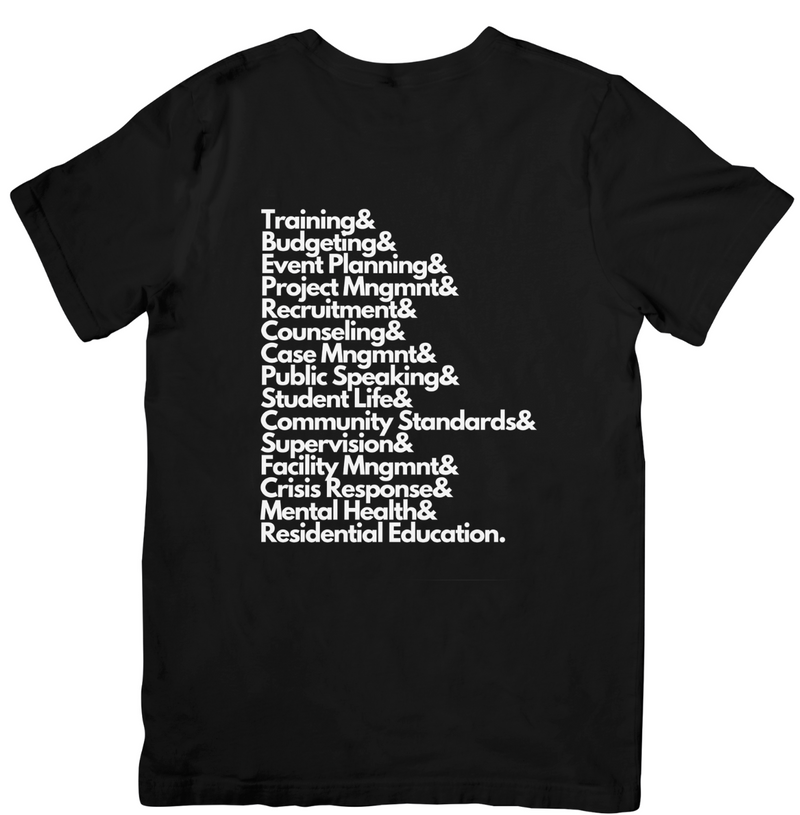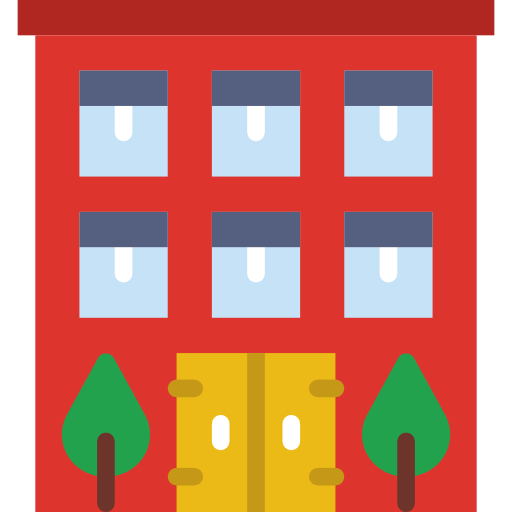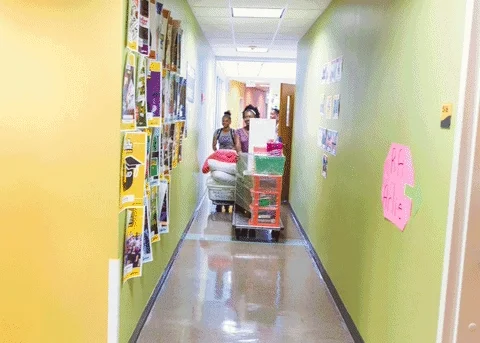
Have you ever wondered who works to make sure the millions of students who live in college campus housing have a safe and fun experience?
Look no further than your resident residence life coordinators!
If someone asked me to make a t-shirt listing all the skills I learned in my years as a residence life coordinator...
 image created by the author via Canva
image created by the author via Canva
...let's just say I'd probably run out of space.
Working as a residence life coordinator can be one of the most rewarding and multifaceted experiences of your career. It was for me.
What does a residence life coordinator do?
Residence life coordinators (RLCs for short) are staff who work with college students (residents) living in university housing. RLCs are usually assigned to one or more housing communities and are responsible for facilitating a safe and engaging experience for their residents.
The major responsibilities of RLCs can be divided into four categories:

Residential education:
RLCs create learning opportunities for residents, ensuring they maximize their housing experience.
This can include promoting social events to help them connect with other students or mediating roommate conflicts.

Supervision & training:
RLCs don't support their residents alone. RLCs work alongside a team of resident assistants (RAs) who live in the community.
RLCs hire, train, and supervise RAs throughout the school year.

Community safety & crisis management:
A fire in a resident's room, a flood on campus, a missing person — I managed these and many more campus crises in my time as an RLC.
RLCs may facilitate safety measures (e.g., fire drills) and respond to any manner of emergencies.

Administration:
On top of everything else, RLCs spend a lot of time on administrative tasks.
These can include managing their community budget, writing and reviewing incident reports, and juggling their ever-changing calendar.
What does a typical day look like?
There isn't a typical day as an RLC! Every day is different, and there can be any number of unexpected occurrences when supporting the safety and well-being of college students.
 On any given day, you may:
On any given day, you may:
Have an intense phone call from a parent concerned about their student. ☎️
Do a community walk to make sure everything in the building is in working order. 🏢
Cancel all your scheduled meetings due to an emergency. 📆
Support a student who is having some mental health challenges. 😓
Spend time planning a major campus social event. 📝
Lead an evening staff meeting with your resident assistants. 🗣️
Meet with a student who vandalized the community. 🔥
Respond to a phone call at 4:00 am when you're the on-call RLC. 🕟

Where do residence life coordinators usually work?
Residence life coordinators usually work for colleges and universities that provide some form of university-managed housing for their students. At these universities, RLCs will typically work within one of these departments (or, in some cases, these departments are combined):

University housing:
RLCs in these departments will have additional responsibilities, including facility management.
(e.g., managing resident room keys and lockouts, and facilitating room assignments)

Residential life:
RLCs in these departments will have responsibilities focusing more on the resident experience.
(e.g., planning or overseeing community events, engaging with residents 1:1 or in groups)
How much do RLCs make?
The average annual salary of a residence life coordinator is:

$49,240 per year in the United States

$47,306 per year in Canada
Additional perks:

Since a key responsibility for RLCs is living near their communities, RLCs are usually provided with apartment accommodations. This can save you a lot on rent!

Who doesn't love free food? RLCs are generally also compensated through a meal plan, allowing them to enjoy free meals from the campus dining halls.
What kind of experience and skills do you need?
Most RLC positions will require a combination of skills and education.

RLC positions typically require a master's degree in student affairs and higher education, college counseling and student development, educational leadership, or a related field.
The RLC roles at some universities are filled by students enrolled in these degree programs. The RLC position is an ideal role to begin a career in working with college students!

As for skills, you're a great fit to be an RLC if you:
Enjoy working with people.
Have strong time management and organizational skills.
Approach your work with adaptability and flexibility.
Strive for work-life balance (living where you work can be a unique challenge).
You'll love this job if...

You value education and lifelong learning.
You like the idea of working with young adults.
You enjoy being an active member of your community.
You are calm under pressure and can adapt to unpredictable situations.
You are up for working daytime and evening hours.
This job will be hard for you if...

You don't like the idea of living where you work.
You prefer work that is not primarily people-oriented.
You prefer having a consistent daily schedule.
You don't like the idea of responding to crises regularly.
It's hiring time! Let's hire some new RLCs:
If these four people applied to be an RLC, who do you think would be the best fit?

Chris:
Introverted and enjoys spending one-on-one time with close friends.
Likes to spread his work and tasks throughout the day and evening.

Sandra:
Very organized and prefers a predictable schedule.
Artistic and enjoys creative pursuits.

Leslie:
Outgoing and is known for organizing activities among her friend group.
Favorite job was helping people as a lifeguard.

Anson:
Enjoys discussing technology and working with computers.
Great at time management, though struggles with interruptions and surprises.
Quiz
If you were hiring some new RLCs, which of these candidates would you offer a job? Select as many as apply:
Take Action
Want to learn more?

Your feedback matters to us.
This Byte helped me better understand the topic.

